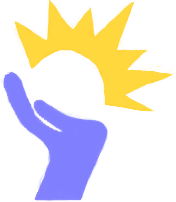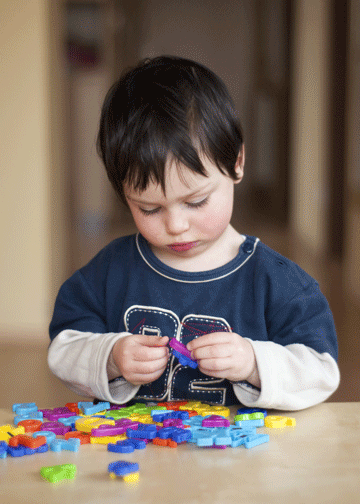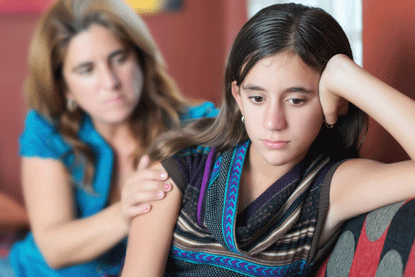California Counseling

Child and Youth Counseling
When an Adolescence or child experiences emotional struggles or displays acting out behaviors, he/she can benefit from child or youth counseling. This kind of therapy is provided with a different variety of play & art therapy tools, to work through the difficult experiences the child/youth is going through.
The most common tool being used for adults, during therapy, is talking through issues with their therapist. In comparison to working with adults, children benefit more from play and art-therapy during treatment. This kind of treatment method can be very effective and enjoyable for children ages 3 to 12 years. Adolescence and adults can benefit from play and talk therapy as vwell, however they might be more self-conscious and not as open to this method as children are.
With either treatment method, it is important for the child or adolescent to feel comfortable, safe and understood by their therapist, during treatment. This type of trusting environment is one of the key factors for therapy to work and gain maximum treatment results.
What is play therapy?
Play therapy is used to help children express what is troubling them when they do not have the verbal language to express their thoughts and feelings. In play therapy, toys are like the child's words and play is the child's language. During the process of play, therapists can help children learn more adaptive behaviors when they lack being in touch with their emotions or have bad social skills. Even the most troubling problems can be confronted during play therapy and lasting resolutions can be discovered, rehearsed, mastered and adapted into lifelong strategies.
This method can be used for multiple mental health conditions, such as anger management, grief and loss, divorce and family dissolution, crises and trauma, death, relocation, hospitalization, chronic illness, physical and sexual abuse, domestic violence, natural disasters, depression, anxiety, social development and many more.
The positive relationship that develops between the therapist and child during play therapy sessions provides a corrective emotional experience that is necessary for the change of behavior and emotions. Play therapy is also useful to promote cognitive development and provide insight about and resolution of inner conflicts or wrong thinking in the child. When children have used up their own problem solving tools they misbehave and may act out at home, with friends or at school. Play therapy allows trained mental health professionals to assess and understand children's play. It is used to help children cope with difficult emotions and find solutions to their problems. By confronting problems in the clinical play therapy setting, children find healthier solutions. Play therapy allows children to change the way they think about, feel toward, and resolve their concerns.
Play Therapy differs from regular play in the sense that the therapist helps the child to address and resolve his/her problems. It builds on a natural way and teaches children learn about themselves and their relationships in the world around them. Through play therapy, children learn to communicate with others, express feelings, modify behavior, develop problem-solving skills, and learn a variety of ways in relating to others. Play provides a safe psychological distance from their problems and allows expression of feelings & internal struggles appropriate to their individual development.
Families play an important role in children's healing processes. The interaction between children's problems and their families is always complex. Sometimes children develop problems as a way of signaling that there is something wrong within the family system. Other times the problems might be created outside. Either way, the entire family can become very distressed because the child's problems and symptoms are too disruptive.
In all cases, children and families heal faster when they work together. The therapist will make decisions about how and when to involve some or all members of the family during treatment, as long as it doesn't spoil the alliance the child and therapist have built. If the therapist treats only the child, he/she will want to communicate periodically with the child's caretakers to develop a plan for resolving problems as they are identified and to monitor the progress of the treatment. Other options might include involving the parents/ caretakers or the whole family directly in the treatment, or whichever way the therapist finds most helpful for the child's or families healing process.
Issues we work with :
- Children of divorced families
- Loss and Bereavement
- Life Changes and Transitions
- Domestic Violence
- Parent/Child Conflicts
- Sibling Rivalry
- Healing from Emotional, Physical, Sexual Abuse, Neglect & Abandonment
- Struggles with Anxiety, Anger, Impulse Control, Sadness/Depression, Guilt or Shame
- Suicidal Clients
- Adolescent with distorted Self-image (eating disorders or self-harm)
- Kleptomania
- Selective Mutism
- Panic Attacks
- Attention Deficit Disorder
- Oppositional Defiance
- Self-Esteem & Self-Worth Issues
- Identity Issues
- Relocation Difficulties & Expat Living
- Trauma


Switzerland